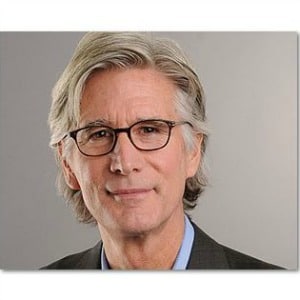
(By Bob McCurdy) I recall the difficulty I had surviving French class in high school; but as challenging as it was to learn to speak that Romance language, I’ve observed that sometimes the hardest language to speak is the truth — to ourselves.
We can fool our managers, our clients, we can fool our peers, and we even try to fool ourselves. The fact is the truth can hurt and who knowingly wants to bruise their own ego? It’s easier just to stretch it and keep on moving on, not looking back.
But once we’ve begun to stretch the truth, we’ve begun to rationalize. Rationalizing makes undesirable outcomes appear acceptable. It’s a convenient way for us to view facts through a self-satisfying lens to make our performance or personal situations look better than they actually are. It is the acceptance of seemingly plausible but unlikely explanations to either justify something that is difficult to accept to make it seem “not so bad.” It’s an ego defense, a self-affirmation mechanism that focuses on how we adapt to information or experiences that are threatening our venerated self-image. This is dangerous to our long-term professional health.
We all rationalize to some degree and the reason is that too much unfiltered truth could force us to lose faith in ourselves. So to avoid reality we begin the process of positioning our failures, both large and small, as acceptable or understandable. The ability to rationalize occasionally can be a critical professional sales survival tool as it is not easy out there with daily ups and downs. But like too much salt, too much rationalization can lead to a professional stroke. Rationalizing keeps us mired in a blame game, distorting reality which prevents us from addressing what we need to do to progress and achieve our goals. Rose-colored glasses periodically donned are “OK,” but worn too often they distort reality.
So who’s perfected the art of rationalization? Not surprisingly it is those who are superlative storytellers and those who tend to be more creative. The reason is obvious. If someone is creative and a good storyteller they’ll likely find more ways to justify and “doctor” the facts to reflect their desired self-image. So how does this apply to us? Isn’t being a good storyteller and being creative two major requisites for success in radio sales?
Find a quiet place and periodically conduct your own personal performance reviews — and don’t go easy. You know you better than anyone else knows you. The best performers are typically those who are comfortable sharing uncomfortable truths with themselves. The truth ultimately makes us better, filtering it does not. It is like the sun. You can block it out for a while, but it is not going away; and while it hurts at times, the saying “no pain, no gain” holds true here.
So above all be true to yourself, look reality in the eye, and act upon what you see, while keeping the rationalization down to a dull roar.






Unfortunately, Bob’s sage observation and commentary will, in real life, only apply to those who are already predisposed to a process of subjective evaluation.
Peoples’ beliefs and values, in every area of life – including culture, business, religion and allegiance to pro sports organizations – have been locked in for significant periods of time.
The irony, of course, is: Somebody else indoctrinated the individuals and the subjects had little influence and no choices in the process – even as they vehemently argue (bleat) to the contrary.
Still, it is important that Bob (and others) keep shining a light on the more productive alternatives.